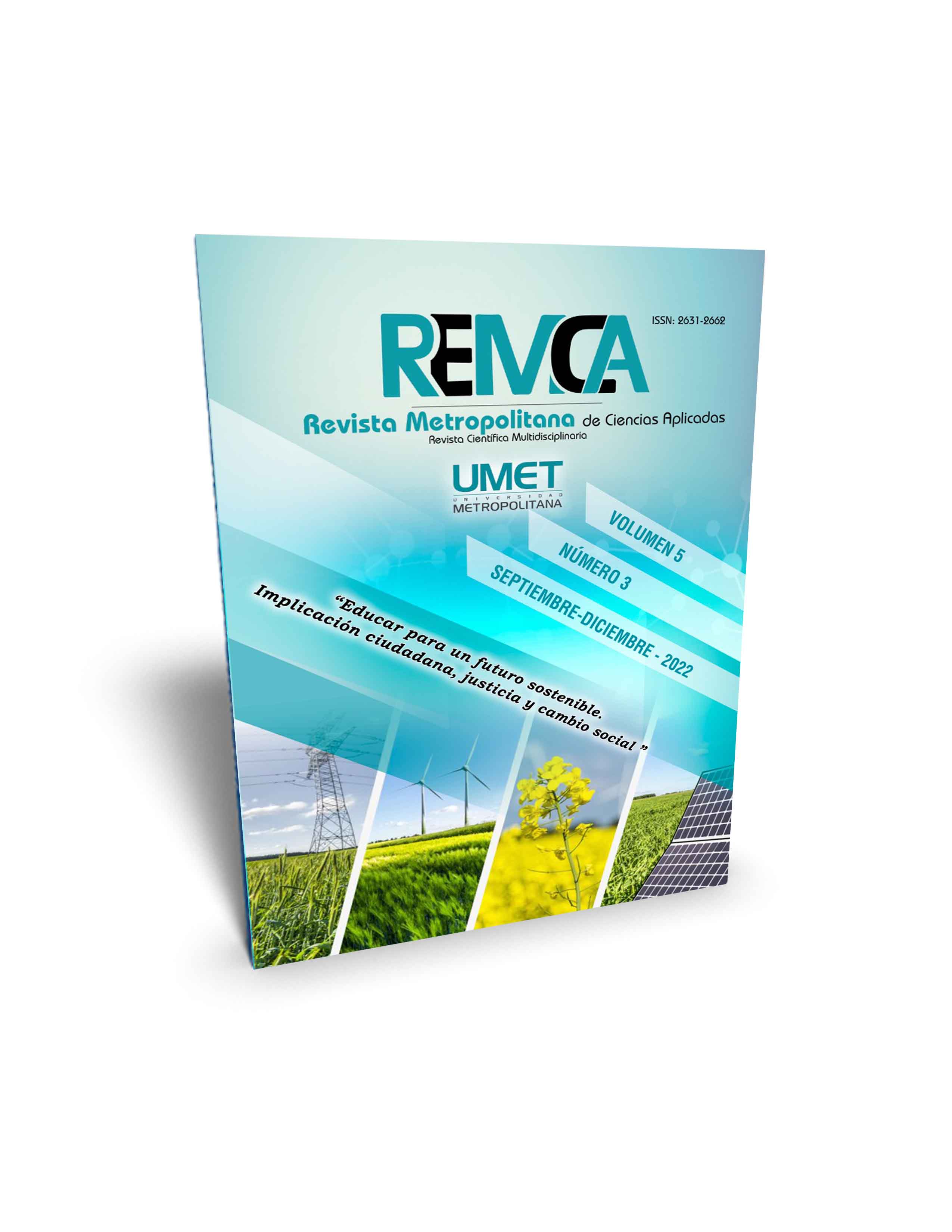The psychosocial transition of the admission to the women's university of the bachelor's degree in Psychology
DOI:
https://doi.org/10.62452/qwn4hw54Keywords:
Entrants, orientation, social representation, study, gender projectsAbstract
Social representations constitute a valuable access route for understanding how young women face the psychosocial transition when they graduate from university and their personological integration. The presentation is derived from the macro-investigation, called: Social representations of study, work, self-perception and future anticipations in some students of the Faculty of Psychology of the National University of San Luis (Argentina). In-depth interviews are analyzed in a sub-sample of ten women entering the Bachelor of Psychology, aged 18 years. Its essential objective materializes in the understanding of the state of the most relevant social representations linked to study, work, anticipations of the future and perception of themselves considering the social and subjective dimension. The research has a descriptive-interpretative scope with a qualitative route. The collected material converges with the relevant concepts of the field of Guidance Psychology, axes that are articulated with the analysis from a gender perspective. The socio-cultural, economic and social context assumes a central hierarchy in the construction of social representations, as well as in the configuration of identity and life project; aspects recreated from its singularity in this study.
Downloads
References
Abric, J. (2001). Las representaciones sociales: aspectos teóricos. Ediciones Coyoacán.
Aisenson, D. (2007). Enfoques, objetivos y prácticas de la Psicología de la Orientación. Noveduc.
Argentina. Universidad Nacional de San Luis. (2020). Resolución Rectoral N° 965/2020. Creación del Programa de Orientación para la Inclusión Social dependiente de la Secretaría de Vinculación Tecnológica y Social. UNSL.
Argentina. Universidad Nacional de San Luis. (2021). Resolución Rectoral N° 444/2021. Se Protocolizaron los mencionados Integrantes del Programa de Orientación para la Inclusión Social dependiente de la Secretaría de Vinculación Tecnológica y Social. UNSL.
Burin, M (2012). Masculinidades y femineidades: identidades laborales en crisis. En, C. Hazaki et al., 2012 La crisis del patriarcado. (pp. 63 – 78). Topía Editorial.
Celada, V. (2020). Acerca de las causas de deserción universitaria en Argentina a principios del Siglo XXI, de las políticas implementadas y nuevas propuestas de retención de población estudiantil. Revista Científica de UCES, 25 (2), 33 - 54.
Guichard, J. (2002). Los dos pilares de las prácticas en orientación. Fundamentos conceptuales y finalidades sociales. En, D. Aisenson et al., Después de la escuela. Transición, construcción de proyectos, trayectorias e identidad de los jóvenes. Eudeba.
Moscovici, S. (1985). La Psicología Social I. Paidós.
Pérez-Rodríguez, R., Lorenzo-Martin, R., Trinchet-Varela, C.A., Simeón-Monet, R.E., Miranda, J., Cortés, D., &Molina A. (2022). Integrating Challenge-Based-Learning, Project-Based-Learning, and Computer-Aided Technologies into Industrial Engineering Teaching: Towards a Sustainable Development Framework. Integration of Education, 26(2), 198–215.
Savickas, M., Nota, L., Rossier, J., Dauwalder, J.P., Duarte, M.E., Guichard, J., Soresi, S., Von Esbroeck, R., & Van Vianen, A. (2009) Life Designing: A paradigm for career construction in the 21st century. Journal of Vocational Behavior, (75), 239-250.
Downloads
Published
Issue
Section
License
Copyright (c) 2022 María Corina Tejedor, Rafael Lorenzo Martín, María Celeste Gómez (Autor/a)

This work is licensed under a Creative Commons Attribution-NonCommercial-ShareAlike 4.0 International License.
Authors who publish in Revista Metropolitana de Ciencias Aplicadas (REMCA), agree to the following terms:
1. Copyright
Authors retain unrestricted copyright to their work. Authors grant the journal the right of first publication. To this end, they assign the journal non-exclusive exploitation rights (reproduction, distribution, public communication, and transformation). Authors may enter into additional agreements for the non-exclusive distribution of the version of the work published in the journal, provided that acknowledgment of its initial publication in this journal is given.
© The authors.
2. License
The articles are published in the journal under the Creative Commons Attribution-NonCommercial-ShareAlike 4.0 International License (CC BY-NC-SA 4.0). The terms can be found at: https://creativecommons.org/licenses/by-nc-sa/4.0/deed.en
This license allows:
- Sharing: Copying and redistributing the material in any medium or format.
- Adapting: Remixing, transforming, and building upon the material.
Under the following terms:
- Attribution: You must give appropriate credit, provide a link to the license, and indicate if any changes were made. You may do this in any reasonable manner, but not in any way that suggests the licensor endorses or sponsors your use.
- NonCommercial: You may not use the material for commercial purposes.
- ShareAlike: If you remix, transform, or build upon the material, you must distribute your creation under the same license as the original work.
There are no additional restrictions. You may not apply legal terms or technological measures that legally restrict others from doing anything the license permits.




